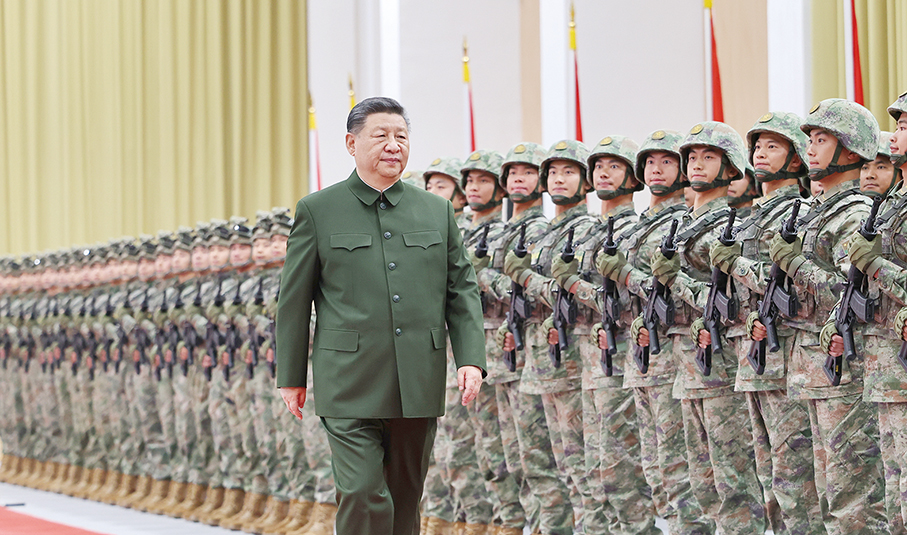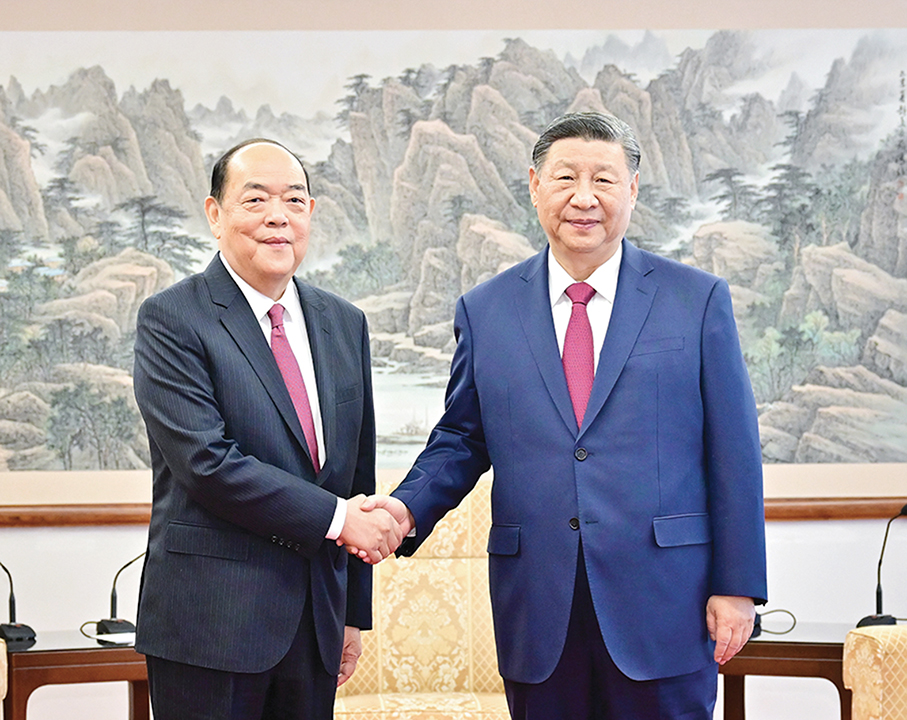Commentary by Li Hai
Hosting big sports events helps in not only developing cities and promoting sports but also boosting the sports economy. China has successfully hosted the Beijing 2008 Summer Olympic Games and the 2022 Winter Olympic Games, two FIFA Women’s World Cups (1991 and 2007), the World Athletics Championship in 2015, two Asian Games (1990 and 2010) and will host the third (which was delayed due to the COVID-19 pandemic) later this year, and is playing host to the 31st FISU Summer World University Games from July 28 to August 8.
Like the mega sports events in the past, the World University Games in Chengdu, capital of Sichuan province, and the Asian Games in Hangzhou, Zhejiang province, will also unleash the country’s economic potential. Big sports events, in general, bolster the sports economy by facilitating the development of the host city, promoting industrial adjustments, building a consumer base for consumption of sports goods and services, and helping improve the social governance system.
For example, Beijing’s annual GDP increased over 12 percent from 2002 to 2007 after the city, in 2001, won the bid to host the 2008 Summer Olympics. The Olympics promoted the city’s economic development, augmenting its GDP growth and increasing people’s income. Similarly, the 2022 Winter Olympics gave a shot in the arm of the city’s economy, because Beijing’s image as a “sports city” attracted massive foreign investments, contributing to its GDP growth.
A city needs huge investments to build new infrastructure to ensure the success of a big sports event, and this infrastructure improvement contributes to the city’s economic development, which in turn helps build the material foundation for the development of the sports industry.
Also, big sports events create new opportunities for, and inject new impetus into, the sports industry. Hosting big sports events can also help optimize the industry chains, thus benefiting the industrial sector. For example, the Beijing 2022 Winter Olympics not only promoted winter sports and the construction of winter sports venues but also helped boost the production of the ice and snow sports industry.
It is estimated to rapidly rise to 800 billion yuan in 2022 thanks to the success of the Beijing Winter Olympics, and expected to be worth 1 trillion yuan by 2025.
Besides, sponsorships, broadcasting rights and franchises can attract more capital to the sports industry. The Los Angeles 1984 Summer Olympics, for instance, yielded a profit of $223 million, becoming the first profitable Olympics since 1932, although it was surpassed by the Seoul 1988 Summer Games which earned a profit of $479 million.
Big sports events can also benefit sectors such as tourism, catering, logistics, real estate, and convention and exhibition, increase the scope of sport services and create necessary conditions for the sports industry to earn profit. And the high level of competition in big sports events can help build a solid consumer base and boost consumption by inspiring people to play sports or exercise regularly, or participate in physical fitness campaigns and other sports events.
Besides, large sports venues built to host big sports events can meet the demand of a large number of people for playing sports or earn revenue as modern tourist sites. In fact, to encourage more people to join the fitness campaign, the government started to include disciplines such as go, tai chi and square dancing in the quadrennial National Games since 2017. As such, big sports events today more easily attract people’s attention, helping boost consumption.
The government also has implemented several favorable policies for the sports industry. Since the grand success of the Beijing Summer Olympics, China has hosted several mega sports events, which attracted an increasing number of people and thus helped increase per capita consumption of sports goods and services.
Since big sports events play a major role in driving the sports economy, we should take advantage of such events to boost the consumption of sports goods and services, and promote the high-quality development of the sports industry with the ultimate aim of turning China into a leading sports nation.
*The author is the director of the School of Economics and Management, Shanghai University of Sport. The views don’t necessarily reflect those of China Daily.
– Courtesy of China Daily
President Xi Jinping and his wife Peng Liyuan wave during the opening ceremony of the 31st summer edition of the FISU World University Games in Chengdu, capital of Sichuan Province, on Friday. – Xinhua








